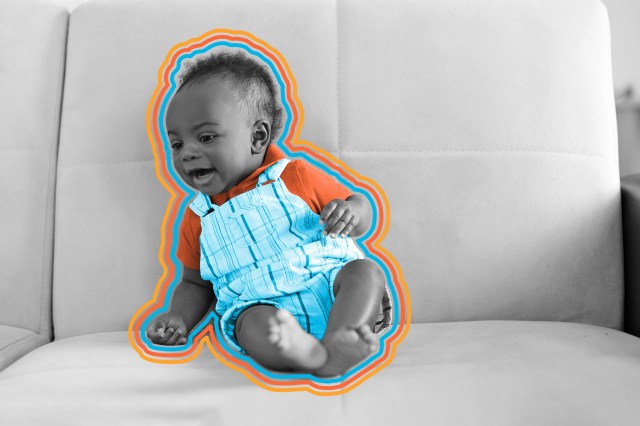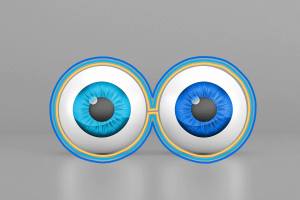
Numbers Don't Lie

Babies perceive the color ______ first.

Ready to reveal?
Confirm your email to play the next question?

Babies perceive the color red first.

Blinking neurologically resets our brain.
Blinking is vitally important for the healthy upkeep of our eyes, but it also gives our brain a much-needed rest throughout the day. In 2012, scientists from the University of Osaka observed participants as they watched a television show by recording their blinks at 600 frames per second. When the TV scene changed or actors exited the frame, subjects would often blink. Scientists theorized that this blinking activated a “default mode network” causing sections of the brain associated with attention to temporarily shut down. This brief mental reprieve explains a variety of behaviors involved with blinking, including why humans tend to nictitate far more than mere lubrication requires. Blinking essentially allows the human brain to refocus, and this momentary suppression of attention — which also switches off the visual system — is why humans have little to no perception of blinking at all.
















